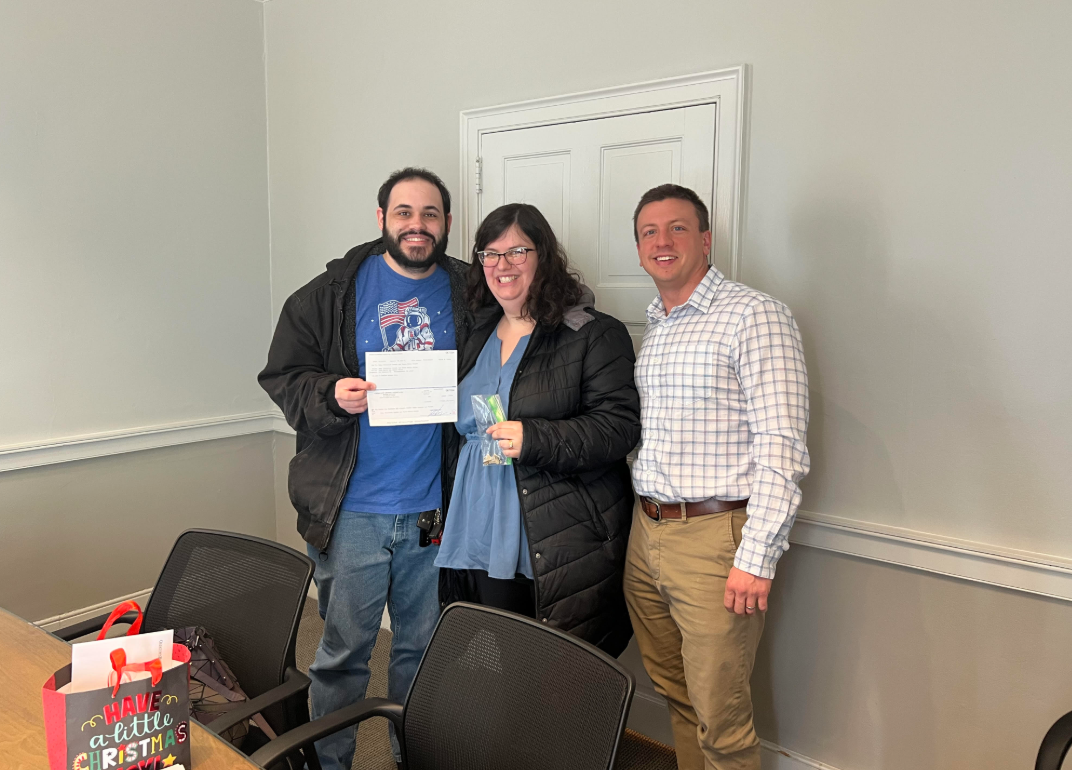
Navigating the world of real estate can be a thrilling adventure, but it also comes with its fair share of legal nuances—especially when it comes to squatters’ rights. If you’re planning to sell or purchase a home in Harrisburg, understanding how squatters’ rights work in the Keystone State can save you a lot of frustration and legal headaches. Grab a cup of coffee, and let’s break it down in everyday language.
What Are Squatters’ Rights, Anyway?
When we talk about squatters’ rights, we’re referring to what’s legally known as adverse possession. In simple terms, that’s when someone occupies a property they don’t own—maybe a vacant house or unused land—and under certain conditions, they might gain legal ownership. It might sound wild: someone could just move in and eventually own the place? Well, yes, but only if they meet specific requirements under Harrisburg law.
How Long Can Someone Squat Before They Gain Rights?
In Harrisburg, the magic number is 21 years. A squatter must occupy the property openly, continuously, and without the owner’s permission for a full 21-year stretch. That’s over two decades! This means no secret living, no sneaky arrangements. The person has to act as though they truly own the property—paying taxes, maintaining the place, and even renovating—basically living there in plain sight.
Does “Open and Notorious” Matter?
Absolutely. One of the most crucial aspects of adverse possession is being “open and notorious.” That means the squatter’s presence must be obvious to anyone who looks. A neighbor, mail carrier, or even the homeowner should notice that someone is living there. If they’re hiding in the shadows, climbing through windows at night, they won’t meet the standards. Harrisburg courts want to ensure that property owners have a fair chance to detect and respond to unauthorized occupants.
What Else Is Required?
- Exclusive use: The squatter must be the only one using the property—not just crashing temporarily with friends or splitting a rental.
- Continuous presence: No lengthy absences. If they leave for months or rent it out, the 21-year clock resets or fails.
- Claim of right: They must behave as though they own the place—not paying rent, not asking for permission, and whether they know it or not, acting on a genuine belief that they’re entitled to be there.
- Payment of property taxes: This is a big one. Even if the squatter isn’t on the deed, paying property taxes shows they’re treating the home as their own—a significant factor under Harrisburg law.
What Happens When the 21 Years Passes?
If someone has quietly but overtly lived in an abandoned or unclaimed house for 21 straight years, paid taxes, and maintained the property, they could file for a court order to legally claim ownership under adverse possession.
However, before it comes to that, property owners typically spot the problem much earlier. In many cases, the homeowner or local authorities intervene. But if that never happens, and no one challenges the squatter, the clock keeps ticking until ownership may legally shift hands.
What About Abandoned Properties?
It’s true, abandoned homes can be magnets for squatters. That’s why sellers, investors, and community members should watch for signs: broken windows, overgrown lawns, utilities turned on in someone else’s name. The longer a house sits empty, the more time you give squatters to establish a claim. That’s why Safe Home Offer always prioritizes keeping properties well-maintained and secure, even if a sale is taking a little longer than expected.
So… What Should a Home Seller or Buyer Watch Out For?
Whether you’re selling or buying in Harrisburg, it pays to do your homework:
- Search public records: Has someone been paying taxes on the property? That’s a red flag.
- Inspect the property regularly: Look for unusual activity, new mail addresses, added structures, or signs of rent like laundry lines.
- Visit the property in person: Maybe talk to neighbors. Sometimes, community chatter hints at someone staying there unofficially.
- Act fast on trespassers: If someone’s moved in without permission, the sooner you act by calling local authorities or getting legal help, the more you interrupt the 21-year timeline.
Does Harrisburg Law Offer Protection?
Yes, but not without involvement. Harrisburg doesn’t automatically evict squatters or invalidate adverse possession claims, you must take action. That means sending notices, possibly initiating court proceedings, and ensuring you don’t inadvertently let the squatter’s occupancy stretch on uninterrupted.
How Safe Home Offer Protects Its Clients
Real estate deals can be complex enough without worrying about squatters. That’s why we’ve developed solid checklists to sniff out potential issues early:
- Due diligence: We review tax records and perform title searches to catch any unknown persons paying taxes or filing claims.
- On-site visits: Our team inspects each property several times during escrow to identify any signs of unauthorized occupancy.
- Legal counsel: If there’s even a hint of squatters, we don’t hesitate to involve real estate attorneys to send firm notices or help move toward eviction.
By doing this, we ensure that sellers aren’t blindsided and buyers aren’t inheriting a potential 21-year occupancy drama.
What If You’re a Buyer?
You might think you’re getting a bargain, but if someone has already been living in a house for ten or fifteen years, they could be halfway to a legal claim. That’s why:
- Title insurance becomes essential. It protects you if someone later asserts an adverse possession claim.
- Inspection reports should include a close look at signs of occupancy.
- Purchase agreements can include clauses requiring the seller to guarantee there’s no long-term unauthorized residence.
A Real-World Example
Imagine a family bought a quaint fixer-upper in rural Harrisburg. The home looked empty at first, so they didn’t suspect anyone was living there. Fast forward a year, and after a few visits, they notice a single person living in the basement, paying rent to a nonexistent landlord. That person’s been there for five years. Because the family acted quickly, going through the courts and removing the squatter, the adverse possession timeline was interrupted. Case closed. But if they had waited another decade, the story could’ve ended very differently.
Why It Matters
Squatters’ rights might seem obscure, but they can have real-world consequences. After 21 years of continuous and open use, squatters can legally own property. That could turn a lucrative real estate deal into a tangled legal nightmare. For investors, owners, and buyers, catching any sign of unauthorized occupancy before it becomes a problem is vital.
Final Thoughts
Squatters’ rights in Harrisburg are based on long-standing legal principles rooted in common law, but they’re far from irrelevant. These rules ensure land doesn’t sit unused if someone is genuinely maintaining it. At the same time, the law gives rightful owners opportunities to protect their property. If you’re dealing with real estate here, whether buying or selling, understanding these laws helps you stay one step ahead.
At Safe Home Offer, we’re committed to guiding you through every twist and turn of the home-buying and selling process. From title searches and property inspections to legal red flags like squatters’ rights, we tackle it head-on. You deserve peace of mind, knowing that the property you buy is truly yours, and the one you sell is clear of surprises. Real estate should be exciting, not stressful. And if you ever want to talk through squatters’ rights or any other issue, we’re just a call away.

